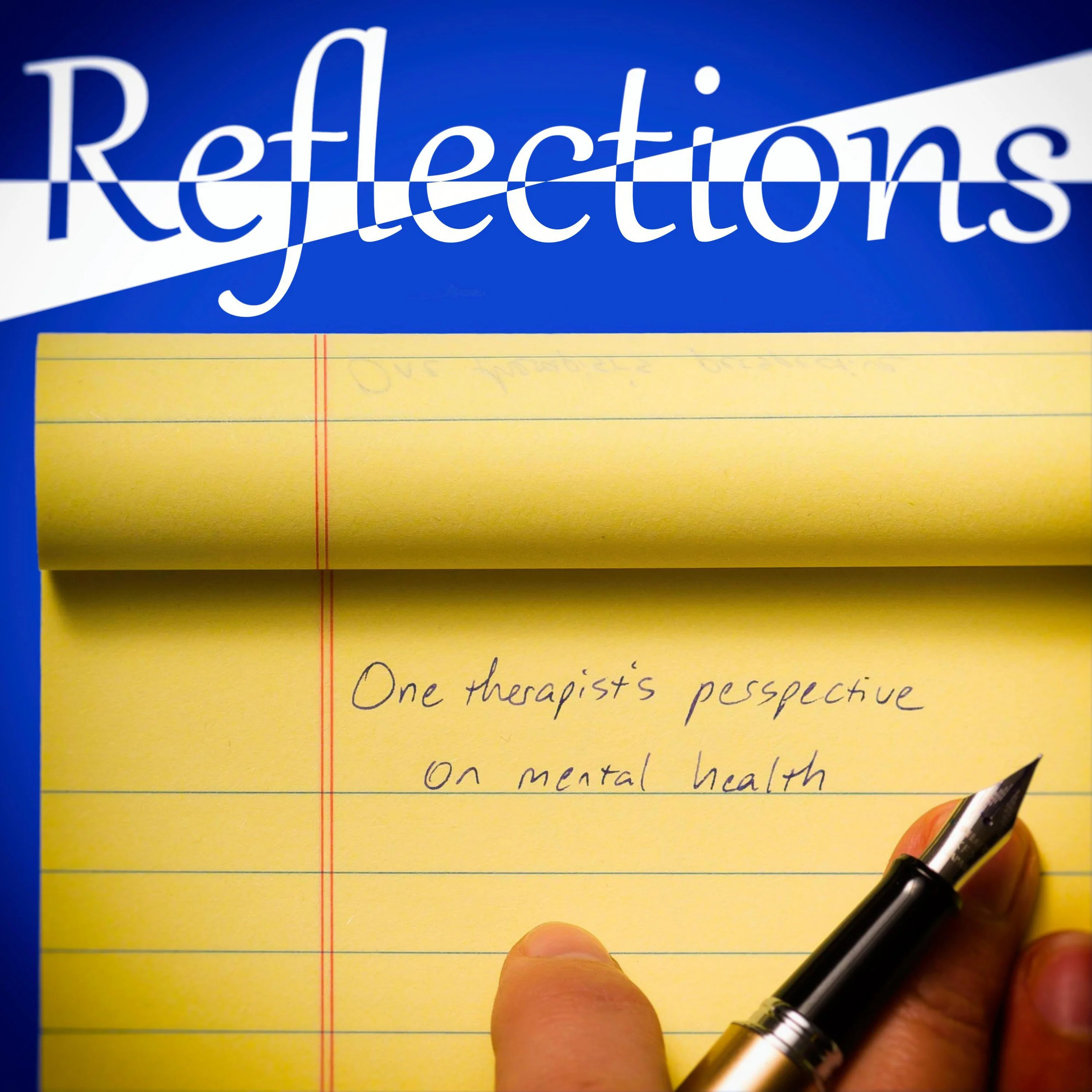I have my spiel that I always repeat when I sit down with someone for a free consultation. It goes something like this:
“This is a consultation. A consultation gives us a chance to talk a little about what has been going on, what you are looking for in therapy, any questions you might have for me, and what therapy with me might look like. Ideally, this gives us a chance to feel out if this might be a good fit.”
There have been quite a few times when I’ve been emailing back and forth with a potential client and we have covered much of what I cover in a consultation, but I still feel that there is something important to feel out that happens during a consultation and not through the written word. Well, it just so happens that Rollo May, in his book The Discovery of Being, touches precisely on that thing that can happen in a consultation and not through email. He writes:
“It is the experience of the instantaneous encounter with another person who comes alive to us on a very different level from what we know about him. “Instantaneous” refers not to the actual time involved but to the quality of the experience. We may know a great deal about a patient from his case record, let us say, and may have a fairly good idea of how other interviewers have described him. But when the patient himself steps in, we often have a sudden, sometimes powerful, experience of here is a a new person, an experience that normally carries with it an element of surprise, not in the sense of perplexity or bewilderment, but in its etymological sense of being “taken from above.” … The data we learned about the patient may have been accurate and well worth learning. But the point, rather, is that the grasping of the being of the other person occurs on a different level from our knowledge of specific things about him.”
Rollo May writes from the existential psychology perspective. While there are many perspectives therapists may have that focus on behavior, or thoughts, or feelings, or motivators, there is something key to understanding the power of psychotherapy that existential psychology brings into focus: the encounter with another person. That experience is what gives life to the work we do as therapists and is what brings me back, day and day.
